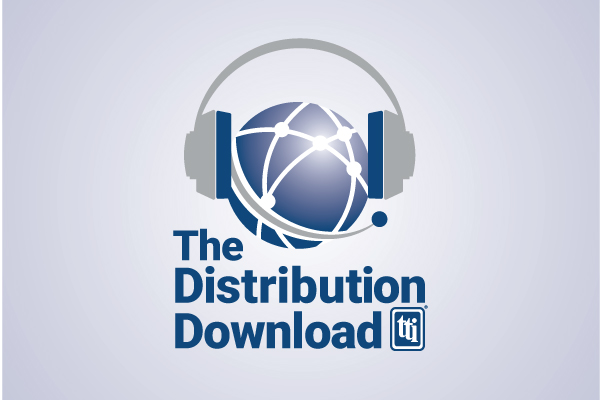ISO’s recently launched sustainable procurement standard helps buyers understand the “what, and why” of responsible sourcing.
The International Organization for Standardization has released its sustainable procurement standard, ISO 20400, designed to help organizations develop and implement sustainable purchasing practices and policies—those that take into account social and economic issues such as fair labor practices and environmental protection. The release comes at a time when more companies are looking for ways to integrate sustainability and corporate social responsibility across their businesses, but often don’t know where to begin. This is especially true of small and mid-sized organizations, which can lack the personnel and other resources required to investigate such programs.
The first-of-its-kind standard aims to change all that by creating a starting point for buying organizations of all shapes and sizes. It also underscores a central tenet of the sustainable procurement movement: developing closer supplier relationships.
Procurement plays a large and growing role in all organizations. CAPS research estimates that, on average, 84% of spend for all companies, regardless of business sector, is managed spend. Where a company spends those dollars can have far-reaching implications. Sourcing from companies with unethical business practices can damage a firm’s brand, for one thing; buying from companies that don’t follow local rules and regulations can lead to supply disruptions—or worse—for another.
“The risks of not understanding and managing practices throughout the whole supply chain are great,” Jacques Shramm, chairman of the ISO project committee that developed ISO 20400, said in releasing the standard on April 20. “At best, poor quality products or ruptures of stock can result. At worst, disasters like the Rana Plaza in Bangladesh in 2013 can happen. Sustainable procurement helps to minimize risks such as these by encouraging buyers and suppliers to work closely together for a better result for all.”
“It is no longer enough for businesses to rely on suppliers to provide them with what they want, no questions asked,” Schramm added. “Organizations benefit greatly from getting to know their suppliers—understanding what their requirements are as well—to ensure their demands are not unrealistic and that the suppliers they work with have good, ethical practices.”
ISO 20400 aims to help by explaining what sustainable procurement is, how it affects different aspects of procurement activity (including policy, strategy, organization, and processes), and how to implement sustainable procurement.
A Broader Perspective
The growing focus on sustainable supply chains is no surprise to industry experts such as Rob Lederer, executive director of the Electronics Industry Citizenship Coalition, a non-profit organization that supports corporate social responsibility and sustainability issues through a variety of programs and services, including training, business tools, and certifications. He says a shifting focus on supply chain management is helping to bring companies of all sizes—up and down the supply chain—into the sustainability movement.
“Supply chain management is the buzzword of the day,” says Lederer. “Companies at the top of that pyramid no longer can only be responsible for their individual actions; they are responsible for their entire suppy chains. That has really changed the dynamic.”
The shift is shedding new light on the broader issue of responsible sourcing—which integrates social and environmental considerations throughout the supply chain—and what that means for suppliers at all levels.
“Responsible sourcing is what organizations like EICC are all about,” explains Lederer. “We develop tools and products and services to manage a responsible sourcing initiative for our members regardless of where they are in the supply chain.”
Lederer says he expects such issues to continue to gain steam.
“From the bottom up, it’s the right thing to do,” he says. “And from the top, your customers are going to demand it.”

